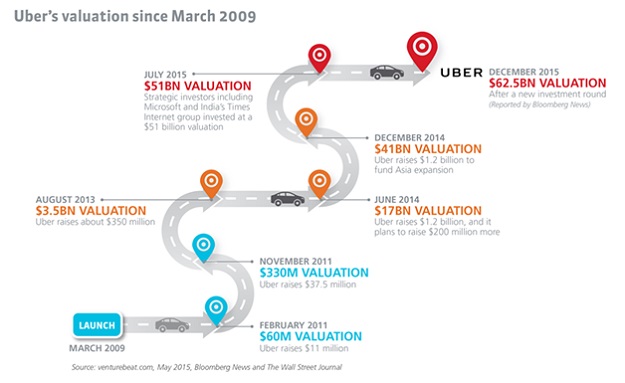So, you currently own a website and a social media account and you think that it’s enough for your business to grow big? In an industry that’s obsessed to tap and undergo constant changes, we are talking about “being mobile-centric” as if it’s a new bright and shiny object in the marketing field.
Are We Kidding Or What?
According To Statista– In 2017, The Smartphone Penetration In The United States Hit The Market By 81.4%.
More than 50% of the online traffic is generated from the mobile web. Come on marketers, consumers and mobile manufacturers are way ahead than us. While we are talking about being mobile-centric, consumers have already made mobile application a virtual storefront of the 21st century. So, instead of talking about being “mobile-centric”, it’s time to make our marketing plan a mobile plan because…..
It’s An Era of Mobility, Not Mobile!
Well, mobile is primarily more about devices and platforms but mobility is a bigger idea.

Mobility is all about fulfilling customers’ desire by developing a mobile app that helps them to stay connected and get tasks done with an ease. Today, mobility is going beyond mobile advertising. It’s all about adding mobile functionalities in a way that it targets beyond your marketing efforts just like settle mobile app that allow customers to pre-order their favorite meal and pay while you’re on the way to the restaurant. Settle can be used for both dine-in and take-out orders.
So, instead of allocating a separate budget for mobile app development, we should be ready to imply mobility solution to our existing website.
For instance: How many mobile app developers have plans to add voice navigation to their website? Consumers are undoubtedly going to respond to the added mobility in your marketing programs as they have mobile devices handy with them which makes their tasks superfast. One of the best and leading example that redefines traditional approach is the inception of UBER service.
UBER Exploits the Mobile Mind Shift to Redefine Car Service in the Market
Travis Kalanick – The founder and CEO of UBER were early to recognize the size of mobile mind shift. He saw how drivers and passengers carrying mobile phone can connect and share their location.Travis noticed that people-drivers and passengers were ready to exploit mobile mind shift even though the existing taxi services were rigid to do so. The below infographic is the best way to show its dominance in the market.
The gap between people’s demand and market supply was big enough for a new business model to startup and be successful. He understood that the power of connecting with customers lies inside the capabilities of a tiny device.
Travis set to meet the cab service needs of customers and ended up by shifting entire dynamics and economics of the market.
Mobile Apps Act As a Personalized Storefront for 21st-Century Business
Let’s have a look at web scenario!
In the consumer’s internet’s decades, a company’s website effectively acted as its virtual storefront – and consequently was hindered by the limitations of browsers that results in disconnection of one-to-many services from the need of individual customers, with a bad experience and terrible payment mechanism integration. Though some big labeled companies like PayPal, Google and Facebook tried to address the issue at its best but still weren’t able to bridge the gap between web & mobile.
In contrast to the web, what an app can offer is a virtual storefront. Application remembers your identity with no login required after initial installation.
Apart from sustaining a healthy connection between users and the company, it also sends push notification and extends active engagement over time. Leveraging personalize user experience with options like recently browsed items, based on browsing history that let you perform activities like booking appointment, buying groceries and lot more. And, unlike the browser, the apps are integrated into a device that we carry 24/7 with us and thus are more likely to build habitual behavior around.
And, for the aforementioned reasons, apps hold more capabilities to in cash more business opportunities as compared to websites – And for the same reason, a poorly designed mobile app can indirectly hurt the overall brand reputation of the business.
Mobile – App-Centric Business Is No More A Hype To Be Considered. It’s Reality!
So, why not include apps related to given search query at top-level results? For instance: If someone Googled “buy 10 London movie tickets”, why not to highlight direct links to download apps instead of just getting an assortment of web links. Developers need to ensure that the app is integrated with deep links that help to keep the context of search results and thereby increase download rates.
So, what are you waiting for? Conduct a deep market analysis and kick-start with mobile app development soon. So what are your business app development strategies? We’re excited to hear back from you. Do let us know in the comments below.











Leave a Reply